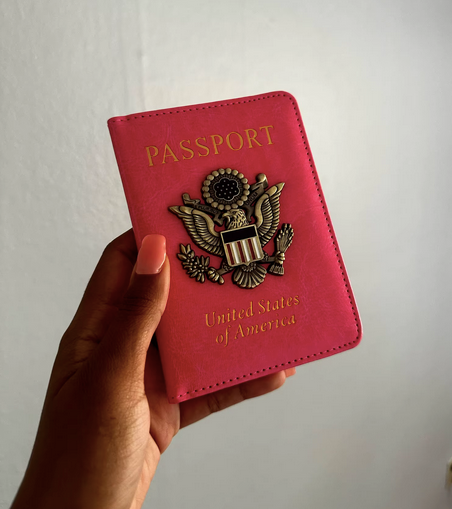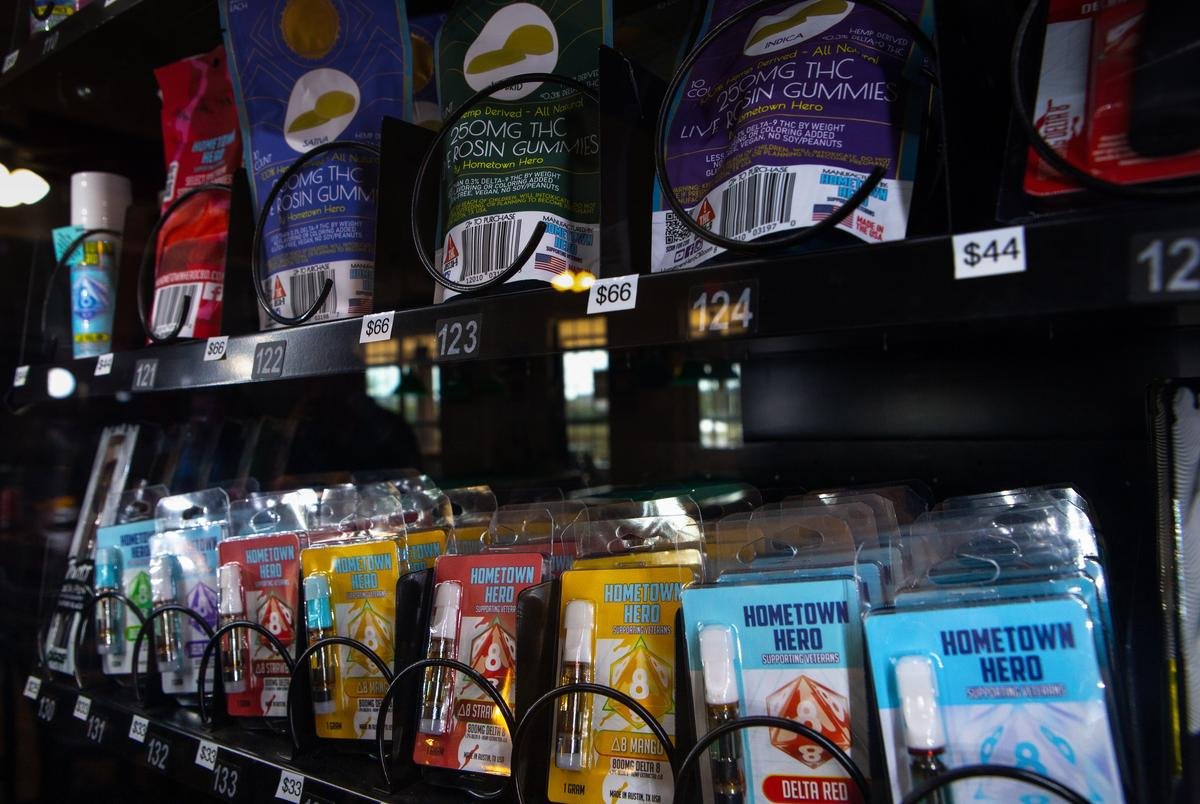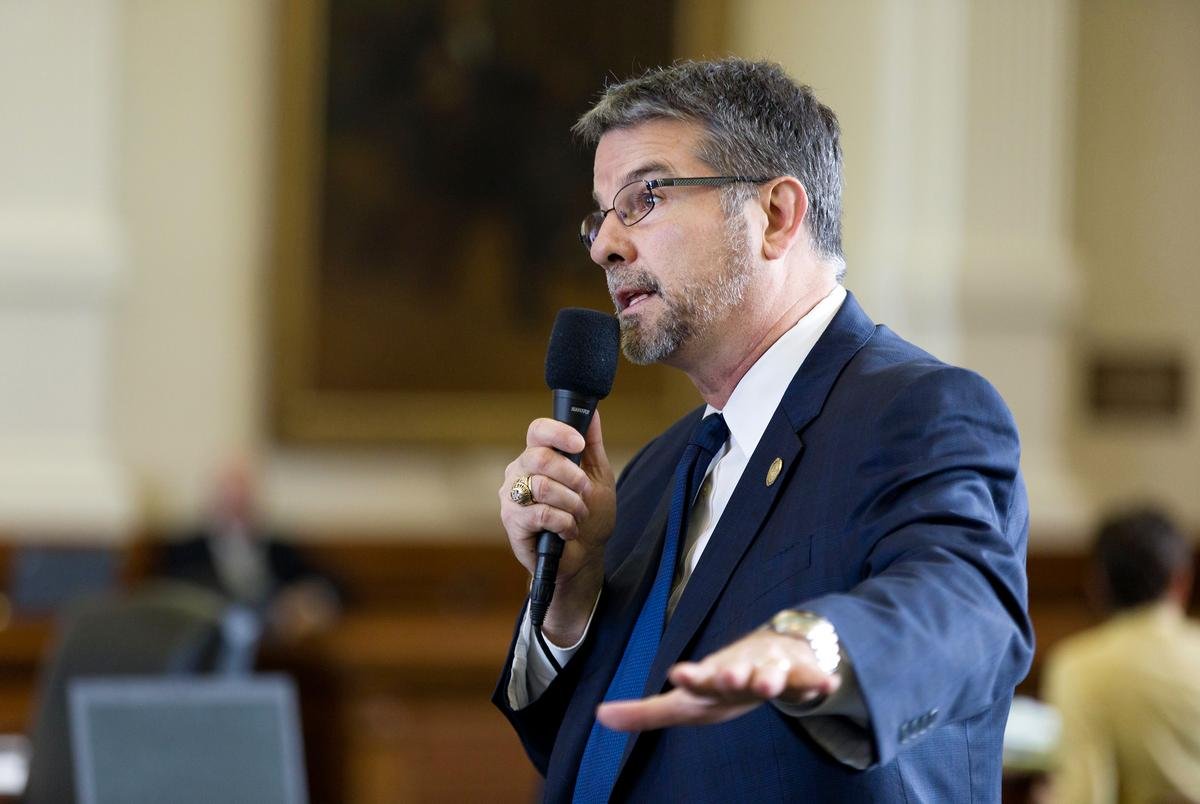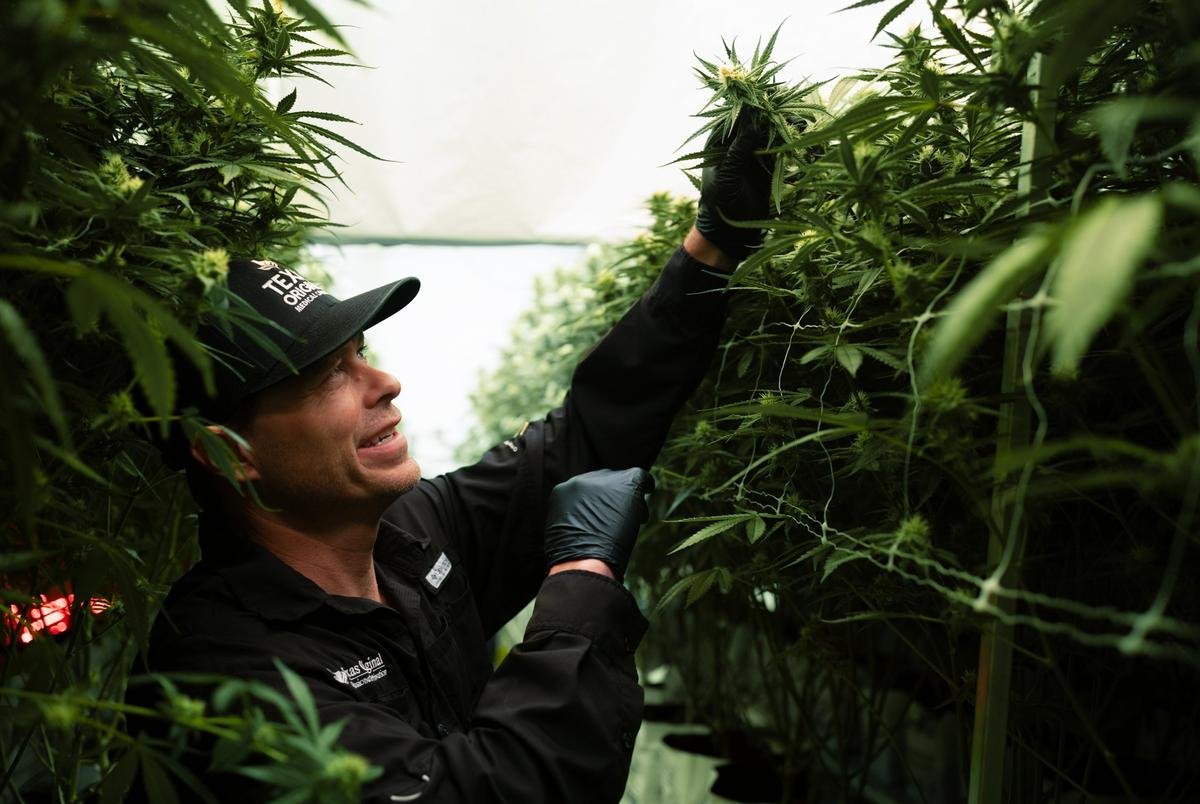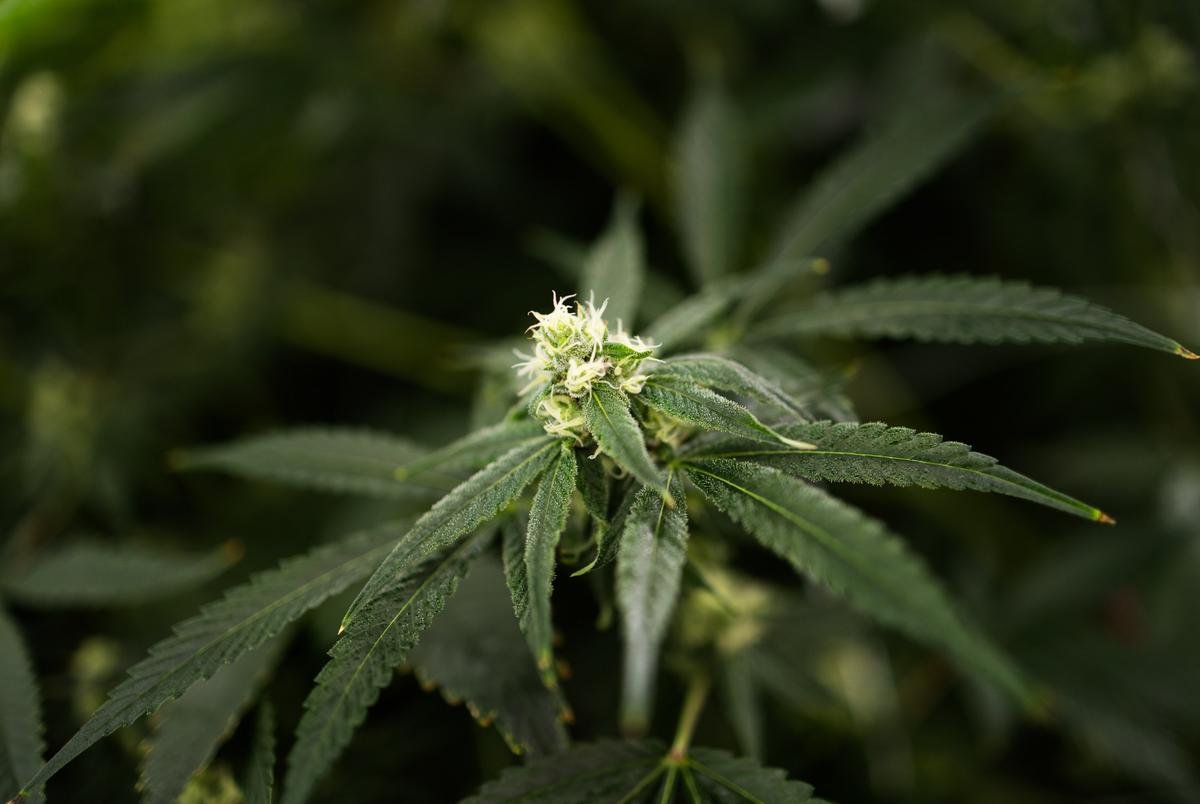
Nebraska Judge Dismisses Some Challenges To Medical Marijuana Ballot Measures While Letting Others Proceed
“The Court agrees with the Sponsors that not every error or irregularity should invalidate a signature.”
By Zach Wendling, Nebraska Examiner
A Lancaster County District Court judge Friday allowed a lawsuit against the state’s active medical cannabis petitions to move forward.
Judge Susan Strong, in a 14-page ruling, determined that the lawsuit from John Kuehn, a veterinarian, rancher, former state senator and former member of the Nebraska State Board of Health, should proceed on two counts that relate to voter signatures. The judge dismissed the other complaints on a ballot sponsor statement and the Nebraska Constitution’s “single subject” rule.
For the lawsuit to move forward, Kuehn needed to allege “sufficient facts” for relief “that is plausible on its face,” which Strong said she balanced with the public’s right to petition.
“We have repeatedly said that the right to initiative is precious to the people and one which the courts are zealous to preserve to the fullest tenable measure of spirit as well as letter,” the Nebraska Supreme Court ruled in a related lawsuit two weeks ago, which Strong cited Friday.
There are two petitions in circulation that would adopt the following state laws, if given voter approval:
Nebraska Medical Cannabis Regulation Act — Define cannabis; legalize possessing, manufacturing, distributing, delivering and dispensing cannabis for medical purposes; and create the Nebraska Medical Cannabis Commission to oversee the new state law. (Initiative Measure 437).
Nebraska Medical Cannabis Patient Protection Act — Set an allowable amount of medical cannabis at five ounces; exempt patients and caregivers from using or assisting someone else in using the cannabis; and require a written recommendation from a health care practitioner prior to prescription. (Initiative Measure 438).
Alleged invalid signatures
Kuehn has alleged there are more than enough improperly counted valid signatures that the two medical cannabis petitions should be withheld from the November 5 ballot. If that is impossible, but there are still enough invalid signatures, Kuehn argued those election results should be void.
The campaign needs 86,499 valid signatures on each of its two petitions to regulate and legalize the drug. Secretary of State Bob Evnen (R), who is also named in the lawsuit, validated nearly 90,000 signatures on both petitions September 13, the final day to do so.
That leaves just about 3,000 signatures in wiggle room for the bulk signature requirement.
Kuehn has alleged that on at least one petition, upward of at least 17,000 signatures were validated but should have been discarded. Those allegations range from signers not being registered voters or Evnen counting duplicative signatures to improper notarizations, circulator payment disclosures or incomplete voter information like date of birth and home address.
Strong cites Kuehn’s allegations that at least 2,433 signers were not registered voters, that 48 signers didn’t register to vote until after the petition was due July 3 or that 67 people signed more than once but were counted both times.
The ballot sponsors don’t dispute that if some of the “laundry list of reasons” are accurate, some signatures should not have been counted, Strong wrote. But the sponsors also say the main requirement that a signer be registered to vote wouldn’t be enough to invalidate the petitions.
Defining a ‘clerical and technical error’
Strong said state law does allow some “clerical and technical errors” to be disregarded if certain other signature-gathering requirements are “substantially followed.” But defining what is a “technical” error will likely be the next step as Strong said it isn’t purely a question of law.
“The Court agrees with the Sponsors that not every error or irregularity should invalidate a signature,” Strong wrote.
As an example, she said, whether it is a technical error that some signatures don’t include a date when the voter signed but are “sandwiched” between two other signatures with the same date.
“Obviously, the language of the Nebraska Constitution and statutes is also relevant to whether a defect is technical or clerical,” Strong wrote. “But the Court declines to resolve this issue at the pleadings stage based only on the Court’s opinion of the relative importance of the statutory requirements allegedly violated.”
Strong allowed the case to move forward to determine whether there are enough signatures in a broader review.
Crista Eggers, campaign manager for the ballot measures, said in a statement the group is grateful for Strong’s decision to dismiss two complaints and “will continue to exercise all legal options” against the signature-based challenges.
“We have complete confidence that our local election officials correctly and accurately validated the petition signatures, and that our campaign met all legal requirements to appear on the ballot,” Eggers said. “We remain focused on making sure all Nebraskans have their voice heard on this issue.”
Kuehn’s attorneys had no immediate comment.
Separate complaint from secretary of state
Evnen and Nebraska Attorney General Mike Hilgers (R) specifically asked the court in a separate “cross-claim” to take up the case, particularly after uncovering at least one instance of alleged petition fraud by a paid petition circulator in Grand Island, who was arrested for allegedly forging signatures. Those signatures were never counted, election officials have confirmed.
The two constitution officers have said the case will help election integrity and the “bedrock of democratic governance” and settle the matter.
Strong said Evnen has not requested any relief that would be different than that of Kuehn and said it is unclear whether Evnen has a “personal stake in the outcome” or a “legal or equitable right, title or interest in the subject of the controversy.”
The judge also pointed to a recent Supreme Court concurrence from Chief Justice Mike Heavican and Justice Lindsey Miller-Lerman that there is “no process by which the Secretary can change his mind and ‘rescind his legal sufficiency determination.’”
Ballot sponsor complaint
The two other allegations that Strong dismissed were that one of the sponsors, State Sen. Anna Wishart of Lincoln, did not provide her full “street address” when she filed the petition and that the regulatory petition consists of multiple “subjects” in violation of the Nebraska Constitution.
In Wishart’s case, she listed her “street address” but not her city, state or ZIP code, which Kuehn said should invalidate both petitions.
Strong said no other Nebraska case law has defined “street address” as it relates to the petition laws. Citing Dictionary.com, she said Wishart would still comply as she listed “the name or number of a building along with the name of the road or street on which it is located.”
However, even if accepting Kuehn’s allegations, Strong wrote, Wishart would still prevail as she is “on record” in taking responsibility for the petition. Her statement was also notarized in Lancaster County where she lives, Strong said.
Single subject requirement
On the other side, the Nebraska Constitution prohibits state laws and ballot measures from containing more than one “subject” in an effort to prevent “log-rolling” or the swaying of interests.
Both Kuehn and the ballot sponsors point to a 2020 Supreme Court decision that argued the creation of the Nebraska Gaming Commission to regulate for-profit gambling was connected to its greater purpose.
However, Kuehn’s attorneys argue there was no executive branch to take up gambling regulation, unlike the Nebraska Department of Health and Human Services or Board of Pharmacy that oversees regulation of all other prescriptions.
Strong said she did not find that argument “persuasive” and said the Medical Cannabis Commission is “naturally and necessarily connected” to the broader initiative’s purpose.
“In liberally construing the initiative to zealously preserve the people’s right to enact laws independently of the Legislature, the Court holds the Regulatory Initiative does not violate the single subject rule,” Strong wrote.
Evnen similarly denied both allegations against the ballot sponsors.
Strong has not scheduled a future hearing for the case but ordered all parties to work together and suggest a timeline for next steps and any related “discovery” by next Wednesday, Oct. 2.
At a hearing last week, Strong and multiple attorneys said a preelection resolution would be most favorable so voters know whether their vote will stand up to a potential “infirmity.”
This story was first published by Nebraska Examiner.
Federal Marijuana And Drug Convictions Would Be Automatically Sealed Under New Bipartisan Senate Bill
The post Nebraska Judge Dismisses Some Challenges To Medical Marijuana Ballot Measures While Letting Others Proceed appeared first on Marijuana Moment.




